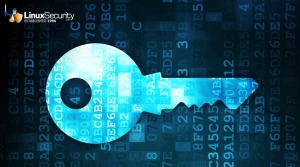OpenSSH's Cinderella story
However, over time, the license that governs the SSH source -- for SSH is available not just as precompiled binary, but also in source form -- has turned increasingly restrictive. Indeed, it's now well outside the bounds of a useful open-source license.
While this sort of move is irrefutably a developer's prerogative, it has also served to vex quite a few people who've become dependent on SSH.
You see, categorizing telnet as a "security risk" is not unlike referring to Ayers Rock as "big": a true statement, but one that doesn't quite grasp the crux of the matter. Those who had already started using SSH certainly weren't going to stop, and, for whatever reasons, they were unwilling to pay the fees that Mr Ylönen's company, SSH.com, charges for commercial-use licenses to SSH.
But this story has a happy ending, since these very restrictions in SSH.com's licenses sparked a development effort that not only resulted in genuinely open-source SSH software, but looks to be a crucial ingredient in future network security.
The link for this article located at ZDNet is no longer available.





















